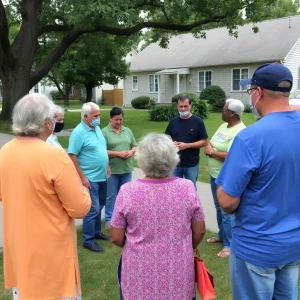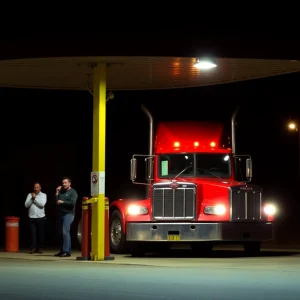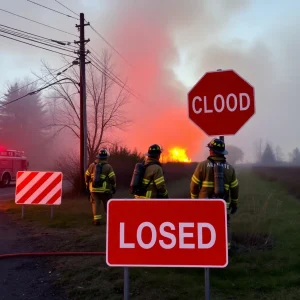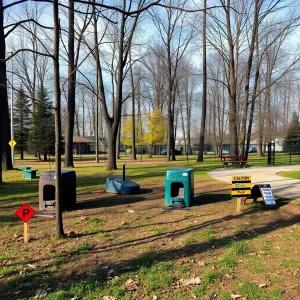Athens Man Sentenced to Half-a-Century in Prison for Murder during S.C. Concert
An Athens-based man, identified as Jarquez Kezavion Cooper, has received a 50-year prison sentence following a guilty verdict in a murder trial tied to a fatal shooting at a music concert in Greenville, South Carolina.
Murder Conviction and Acquittal
Greenville County Circuit Court Judge Darrell Fisher delivered the sentence to the 24-year-old Cooper for the violent crime resulting in the death of Mykala Bell, a local mother-of-two who was in attendance at a July 4, 2020, concert featuring rapper Foogiano. Nevertheless, the jury acquitted Cooper regarding the murder charge for the death of Clarence Sterling Johnson Jr., a 51-year old from Duncan, South Carolina, who had been performing security duties at the scene of the crime, Lavish Lounge on Whitehall Road.
Dismissed Charges
In the aftermath of the trial, eight additional criminal charges against Cooper, such as attempted murder, were dismissed due to “prosecutorial discretion,” as per court records filed with the Greenville Clerk of Court. The quarrel, which allegedly stemmed from gang-related disagreements, led to the permanent closure of the Lavish Lounge and put an end to its nightlife operations.
Victims and Injuries
Individuals affected by the shooting, ranging in age from 21 to 51, included six victims who required immediate hospitalization following the severity of their injuries. The weeklong trial that held the world in suspense ended with a verdict on Friday.
Suspected Gang Dispute
According to sources from the Greenville County Sheriff’s Office, Cooper was a member of the crew working for rapper Foogiano, formally known as Kwame Khalil Brown, and was implicated in the alleged gang dispute that lead to the shooting. Foogiano, a Greensboro, Georgia native, did not face charges in relation to this event, yet has previously served a prison sentence for tampering with evidence.
Complex Proceedings and Verdict
The solicitor’s office, the body responsible for prosecuting the Cooper case, reportedly deemed the complex nature of the case as the reason for the mixed outcome. Court-presented videos documenting the chaotic event were reportedly too dark and obscured to clearly identify individuals brandishing weapons and firing into the crowd. This particular difficulty introduced substantial hurdles in the attribution of responsibility and the determination of guilt.


























